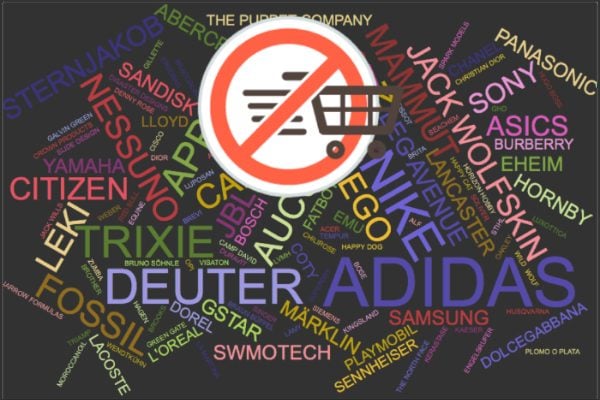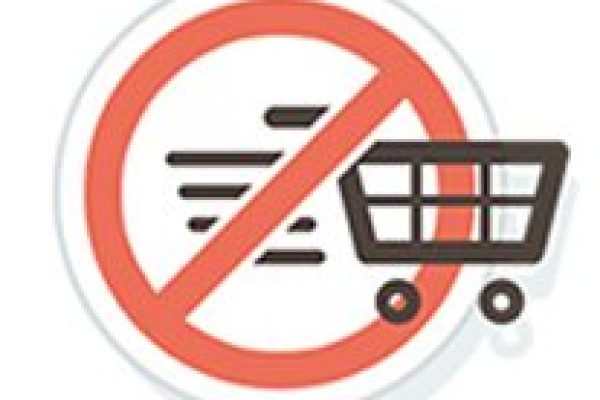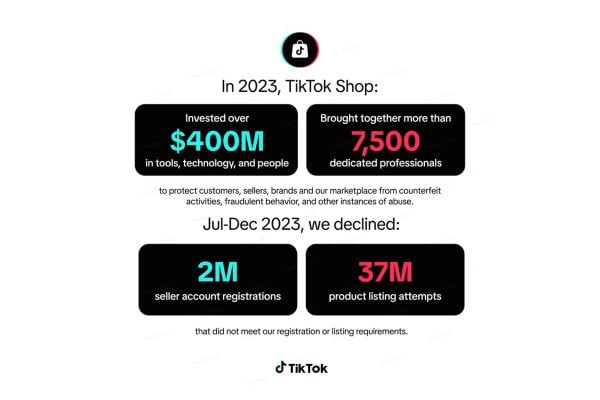 ‘Choice in eCommerce’ handed over a petition yesterday, signed by more than 14,000 online sellers from all over Europe, to Olli Rehn, Vice-President of the European Commission at a breakfast event in Brussels on “Restoring competitiveness in Europe – the role of a functioning Digital Single Market for SMEs”.
‘Choice in eCommerce’ handed over a petition yesterday, signed by more than 14,000 online sellers from all over Europe, to Olli Rehn, Vice-President of the European Commission at a breakfast event in Brussels on “Restoring competitiveness in Europe – the role of a functioning Digital Single Market for SMEs”.
The petition calls on manufacturers and brand owners to refrain from imposing sales restrictions or prohibitions on online traders. Several manufacturers are prohibiting online sellers from freely using the internet, e.g. to sell their goods through online marketplaces.
Highlights from the survey
- Close to 60% of respondents have been impacted by sales restrictions. In the last four years, the amount of restrictions placed on some manufacturers increased steadily. 15.3% of sellers began to be affected by sales restrictions this year.
- More than a quarter of all retailers surveyed are not confident about their future. About 6% of them had to make some of their employees redundant due to the impact of sales bans and 5.4% face bankruptcy threats.
- Because of sales restrictions, about three quarters of all retailers surveyed are concerned about the decrease of diversity in online trade.
- Two-thirds of the respondents worry about manufacturers establishing monopolies. About 60% of them believe that these monopolies will lead to higher prices for consumers.
- More than half of all retailers surveyed believe that innovation in eCommerce will decline and that consumers will not be able to find certain products online anymore.
- About three quarters of all sellers cannot identify the reasons behind the manufacturers’ decision to place these bans
- The data in this survey also clearly shows that manufacturers do not only impose sales bans in their sellers’ domestic markets but they also prevent cross-border trade, thus acting against the European Single Market.
The European Commission is currently investigating the issue of online sales restrictions. Recently, it initiated unannounced inspections in several Member States at the premises of a number of companies suspected to have put in place restrictions on online sales of consumer electronic products and small domestic appliances.





